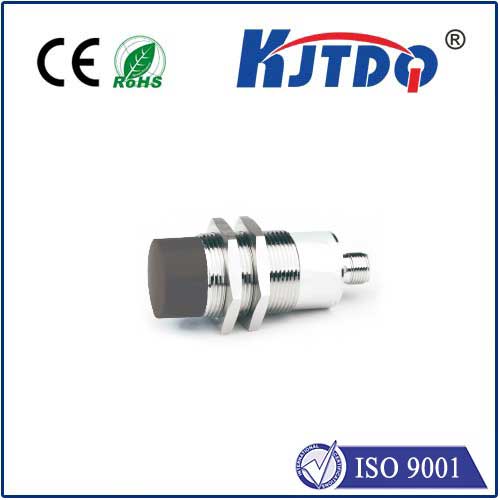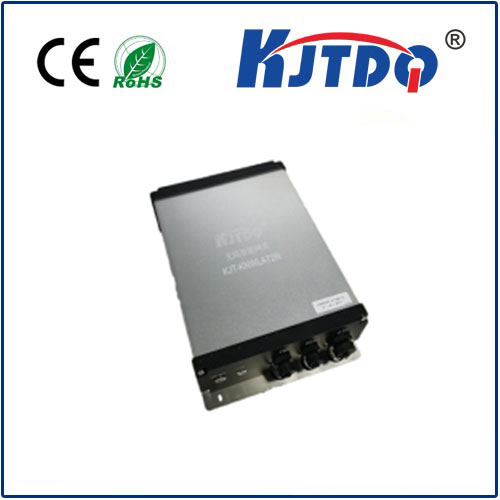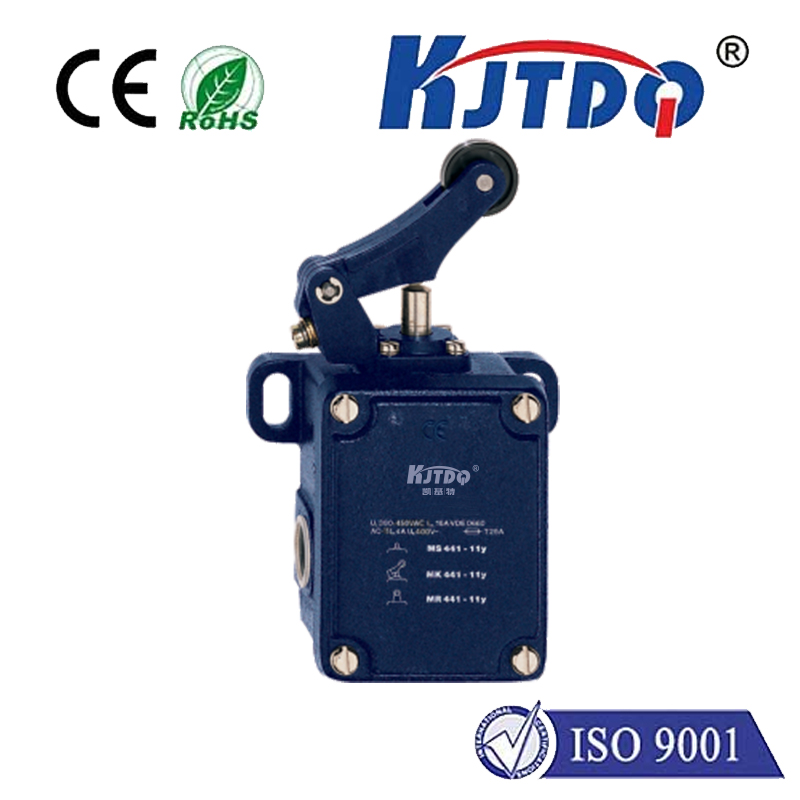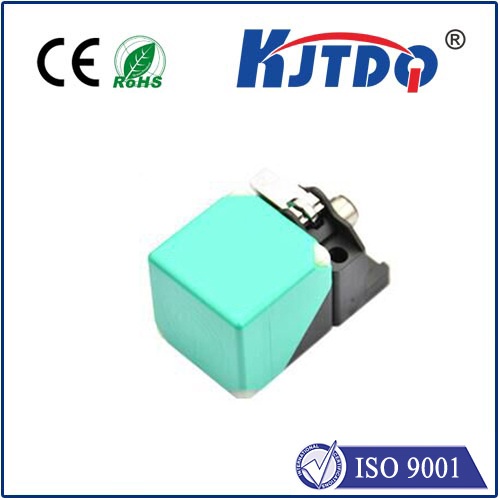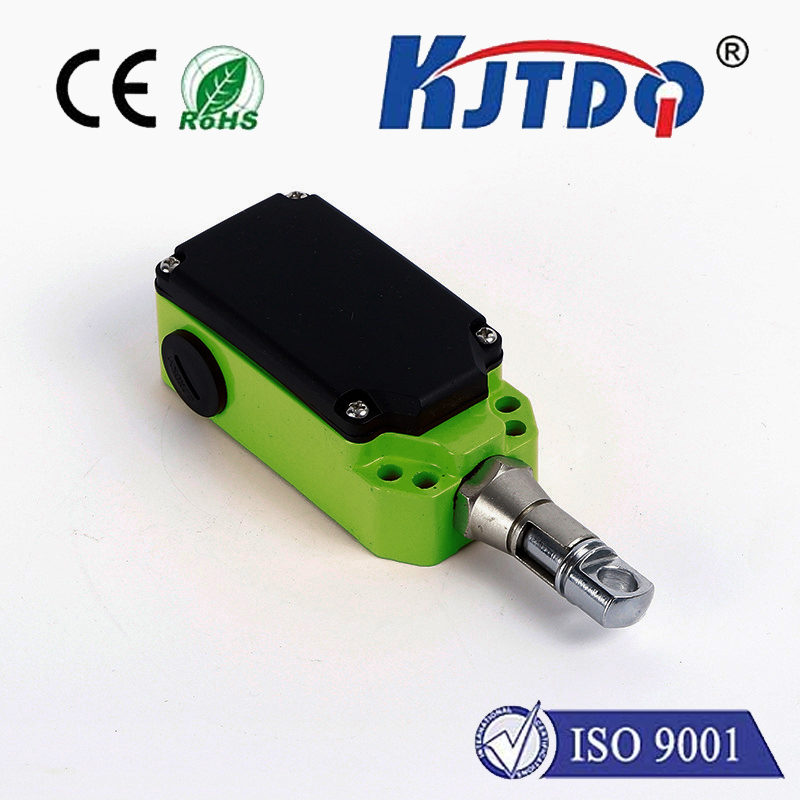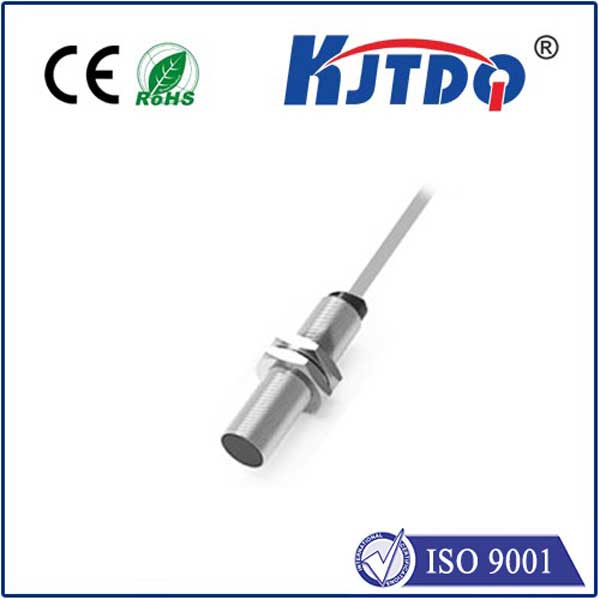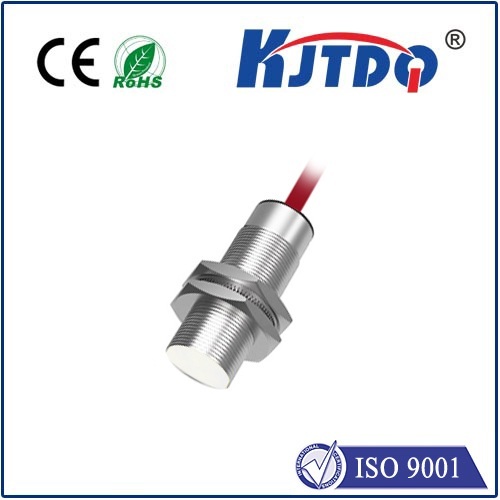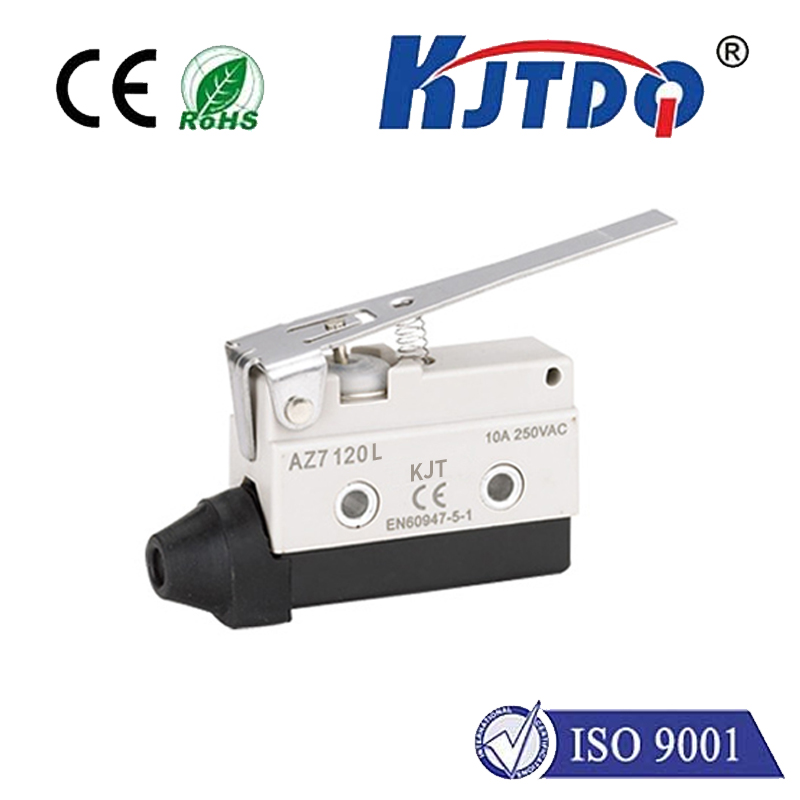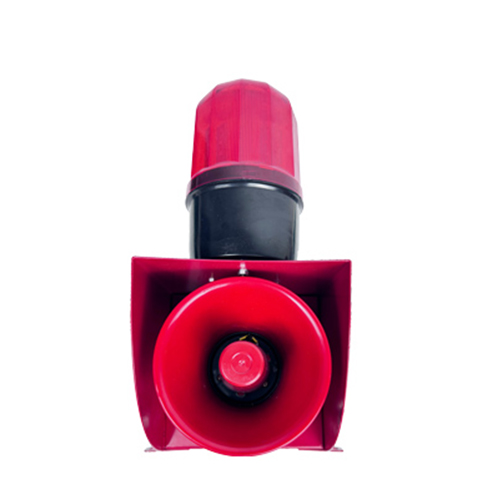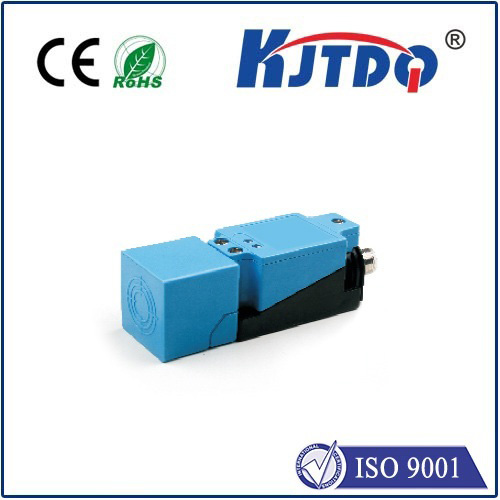

check

check

check

check

check

check

check

check

check

check
Title: Revolutionizing Water Flow Monitoring: The Advantages of Laser Water Flow Sensors
The demand for accurate and reliable monitoring of water flow has increased significantly in recent years, prompting the development of innovative solutions such as laser water flow sensors. These cutting-edge devices offer numerous advantages over traditional methods, making them an ideal choice for applications ranging from industrial processes to domestic use. In this article, we will explore the key benefits of laser water flow sensors and their potential impact on various industries.
1. High Accuracy and Repeatability
Laser water flow sensors are known for their exceptional accuracy and repeatability, which can be critical in applications where even slight variations in flow rate can have significant impacts, such as controlling water levels in dams or reservoirs. By utilizing advanced optical technologies, these sensors can measure flow rates with a high degree of precision, ensuring reliable data that can be relied upon in decision-making processes.

2. Non-Contact Measurements
One of the major advantages of laser water flow sensors is their ability to make non-contact measurements without the need for physical contact with the flow medium. This eliminates the risk of contamination or damage to the sensor, which can be a concern in certain environments or situations. Additionally, it allows for easier installation and maintenance, as there are no mechanical components that can wear out or require replacement over time.
3. Easy Integration with Control Systems
Laser water flow sensors can easily be integrated with various control systems using standard interfaces, making them a versatile solution for a wide range of applications. This flexibility allows users to adapt their systems to their specific needs, whether it's integrating with existing infrastructure or creating new control architectures from scratch. Furthermore, many laser water flow sensors offer real-time data visualization tools, enabling users to monitor and analyze flow patterns in real-time.
4. Energy Efficient and Long-lasting
Compared to other types of flow meters, laser water flow sensors consume significantly less energy while providing comparable accuracy levels. This not only reduces operating costs but also contributes to environmental sustainability by minimizing energy consumption. Moreover, these sensors are designed to withstand harsh environments and endure extended use periods without degradation, ensuring long-lasting performance and reliability.
5. Improved Safety and Reliability
By eliminating the need for direct contact with hazardous fluids or materials, laser water flow sensors offer enhanced safety compared to traditional methods. They also reduce the risk of equipment malfunction or contamination due to exposure to potentially harmful substances. As a result, they can improve workplace safety and reduce the likelihood of accidents or injuries occurring. Additionally, their reliable performance ensures consistent data output, facilitating better decision-making processes and reducing the risk of errors or inconsistencies.
In conclusion, laser water flow sensors represent a significant advancement in water flow monitoring technology, offering numerous advantages over traditional methods. Their high accuracy, non-contact measurements, ease of integration, energy efficiency, improved safety, and reliability make them an attractive option for a wide range of applications. With further development and refinement, these sensors have the potential to revolutionize various industries and transform how people manage and monitor water flows worldwide.
